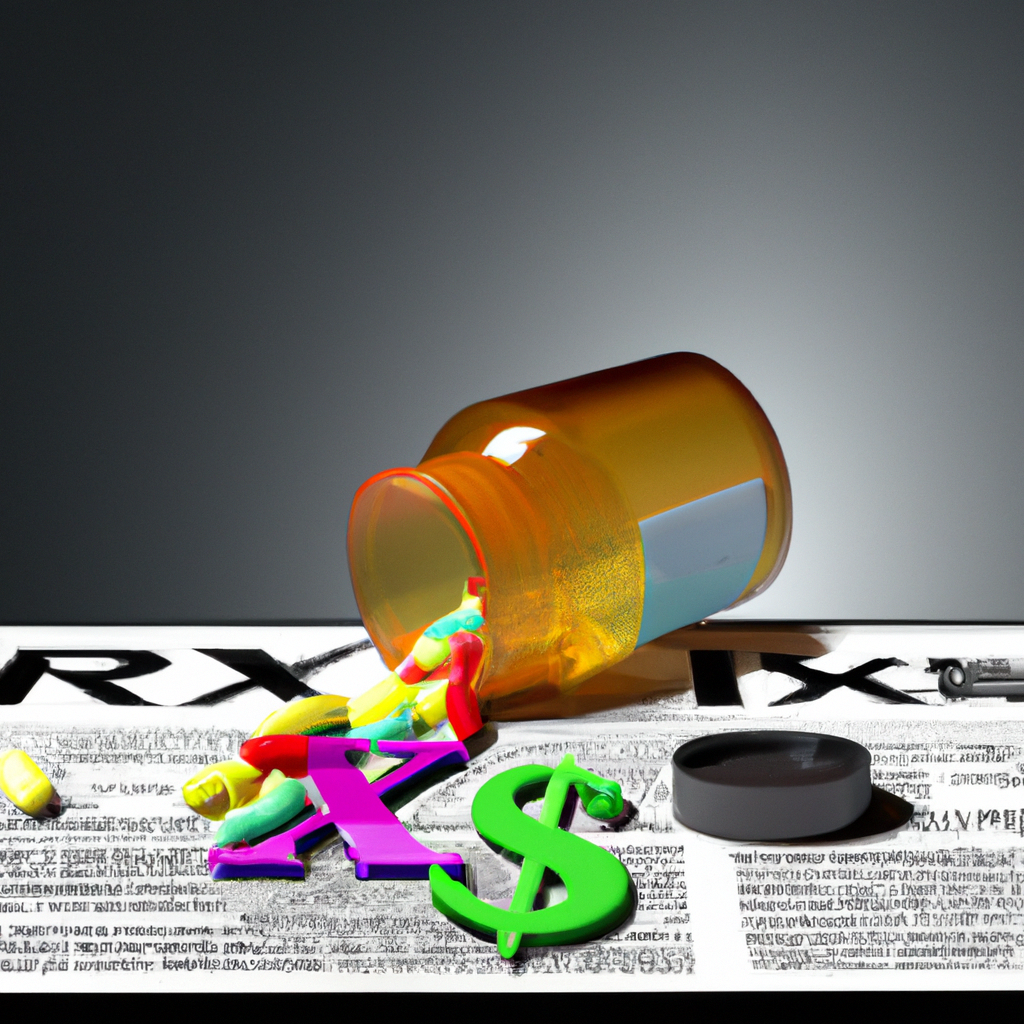Pharmacy benefit managers (PBMs) are reportedly directing patients toward more pricey medications while restricting their pharmacy choices, as revealed in a recent House Committee on Oversight and Accountability report.
The report, which was reviewed by the Wall Street Journal, is the result of a 32-month investigation by the committee, coinciding with an upcoming hearing featuring executives from the country’s largest PBMs.
PBMs serve as intermediaries for prescription drug plans offered by health insurers. They negotiate pricing with pharmaceutical firms about how much health plans will pay for medications and set the out-of-pocket expenses patients face.
The three largest PBMs in the U.S., Express Scripts, OptumRx from UnitedHealth Group, and Caremark from CVS Health, together oversee approximately 80 percent of prescriptions filled in the country.
According to the committee’s findings, PBMs have established preferred drug lists favoring higher-cost brand-name medications over less expensive alternatives. For instance, the report highlighted internal communications from Cigna that discouraged cheaper options for Humira, an arthritis and autoimmune treatment that cost around $90,000 annually, while a biosimilar was available for about half that price.
The report also indicated that Express Scripts informed patients they would incur higher costs by filling prescriptions at local pharmacies compared to obtaining a three-month supply via their own mail-order service, effectively limiting patient access to pharmacy choices.
Earlier this month, the U.S. Federal Trade Commission released a similar report, citing that increasing consolidation and vertical integration among PBMs has enabled the six largest firms to control nearly 95 percent of U.S. prescriptions.
The FTC expressed concern over these findings, stating that leading PBMs hold considerable sway over Americans’ access to and affordability of prescription medications. The report noted that the structure seems to incentivize PBMs to favor their affiliated businesses, leading to conflicts of interest that may disadvantage independent pharmacies and raise drug costs.
FTC Chair Lina M. Khan remarked that the findings indicate middlemen are “overcharging patients for cancer drugs,” resulting in an additional revenue stream exceeding $1 billion.
